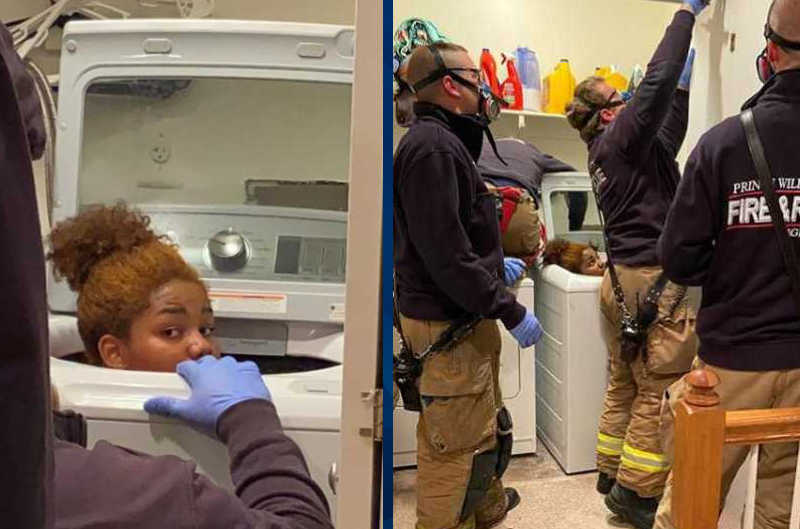
His first opportunity came when Polanski was making a short film, 1962’s Mammals. “There was little money for filmmaking…so many of the talented people went into teaching - so you had that right from the start, and they have maintained that tradition.”įrykowski, who often went by the nicknames Wojtek or Voytek, earned a degree in chemistry but found himself struck by the cinema bug and wanted to become more involved in his friend’s film projects. “1945 was pretty much year zero for the Polish film industry they had to start from scratch, and Lodz was part of that,” film historian Michael Brooke said. The school was founded in 1948 after the end of World War II in an attempt to nurture Poland’s growing cinema talent. “Beneath his tough exterior Wojciech was good-natured, softhearted to the point of sentimentality, and utterly loyal,” Polanski later wrote of his dear friend.ĭespite not being in filmmaking himself, Frykowski gravitated toward Polanski’s community of student filmmakers at the Lodz Film School.

They spent wild nights out together at the bar, and with alcohol and Frykowski’s explosive attitude in the mix, things could sometimes get out of control.īut Polanski and Frykowski were good enough friends that the former could see beyond his rebellious buddy’s tough facade. They almost got into a brawl, but instead had drinks together and became good friends. Polanski, serving as the door man for the dance that night, wouldn’t let Frykowski into the venue. His propensity for conflict almost got him into a fistfight during a school dance, where he met another student named Roman Polanski, who would later become the successful Hollywood director married to Sharon Tate. 22, 1936 to textile entrepreneur Jan Frykowski and his wife Teofila Stefanowska.Īs a student, young Frykowski gained a reputation as a trouble maker in school.

Wojciech Frykowski was born in Poland on Dec. Andrzej Kondratiuk Wojciech Frykowski (far right) and Roman Polanski (second from left) became good friends and shot their first film together, ‘Mammals’.


 0 kommentar(er)
0 kommentar(er)
